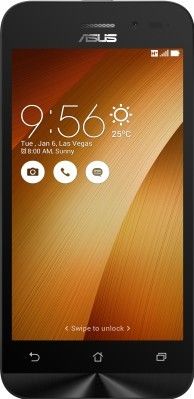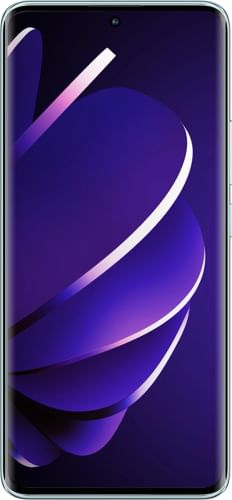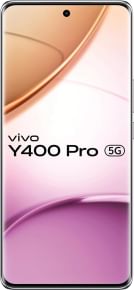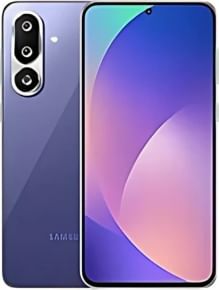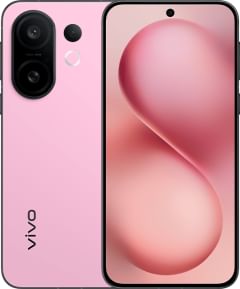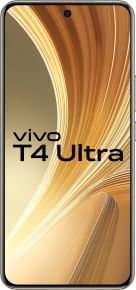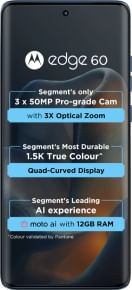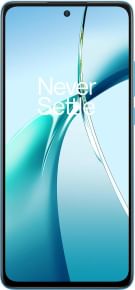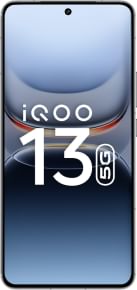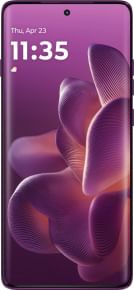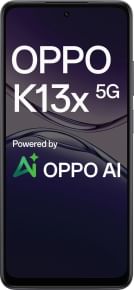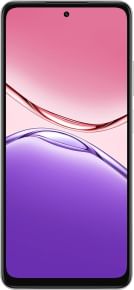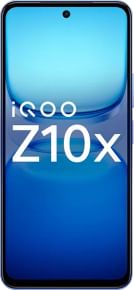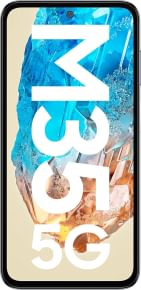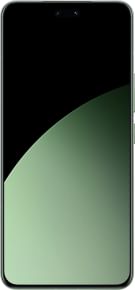Asus Zenfone Go ZB452KG (2nd Gen) vs Xiaomi Redmi Note 14 Pro Plus
Quick Comparison
Xiaomi Redmi Note 14 Pro Plus has better RAM than Asus Zenfone Go ZB452KG (2nd Gen). Neither of them has front Flash. In terms of display resolution, Xiaomi Redmi Note 14 Pro Plus has better resolution of 2712 x 1220 than Asus Zenfone Go ZB452KG (2nd Gen) which has resolution of 480 x 854. Xiaomi Redmi Note 14 Pro Plus has more internal memory than Asus Zenfone Go ZB452KG (2nd Gen)
| Name | Asus Zenfone Go ZB452KG (2nd Gen) | Xiaomi Redmi Note 14 Pro Plus |
| RAM | 1 GB | 8 GB |
|---|---|---|
| Display | 4.5 in | 6.67 in |
| Internal Memory | 8 GB | 128 GB |
| Battery | 2070 mAh | 6200 mAh |
| Camera | 5 MP | 50 MP + 50 MP + 8 MP Triple |
| Price | Rs. 5299 | Rs. 25985 |
Related Products
Detailed Comparison
Price And Launch
The cost of Asus Zenfone Go ZB452KG (2nd Gen) is Rs. 5299. The launch Date of the second phone is September 26, 2024. The cost of Xiaomi Redmi Note 14 Pro Plus is Rs. 25985.
Display comparison
Xiaomi Redmi Note 14 Pro Plus has larger screen size of 6.67 inches in comparison to Asus Zenfone Go ZB452KG (2nd Gen)'s 4.5 inch screen. Xiaomi's phone has display density of 446 PPI & Asus's phone has only 218 PPI display density. Asus Zenfone Go ZB452KG (2nd Gen) has 16:9 aspect ratio where as Xiaomi Redmi Note 14 Pro Plus has 20.1:9 aspect ratio.
Memory comparison
Xiaomi Redmi Note 14 Pro Plus's larger 8 GB RAM is better for playing games and all with respect to Asus Zenfone Go ZB452KG (2nd Gen)'s lower 1 GB RAM. Xiaomi Redmi Note 14 Pro Plus has more Internal Memory (128 GB) than Asus Zenfone Go ZB452KG (2nd Gen) (8 GB).
Camera comparison
Xiaomi Redmi Note 14 Pro Plus's 50 MP + 50 MP + 8 MP Triple Rear Camera outclasses Asus Zenfone Go ZB452KG (2nd Gen)'s 5 MP Rear Camera in terms of resolution. Xiaomi Redmi Note 14 Pro Plus will be better choice if you're looking to click lot of selfies as it has better 20 MP Front Camera in comparison to Asus Zenfone Go ZB452KG (2nd Gen)'s 0.3 MP Front Camera.
Technical comparison
Both the phones has Android Operating System but the first one runs on version 5.1.1 and the second one on 14 version.
Related Comparisons
Full Comparison
| Name | Asus Zenfone Go ZB452KG (2nd Gen) | Xiaomi Redmi Note 14 Pro Plus |
| General | ||
| Country of Origin | India | |
| Model | 24115RA8EI | |
| Sim Type | Dual Sim, GSM+GSM | Dual Sim, GSM+GSM |
| Dual Sim | Yes | Yes |
| Sim Size | Nano+Nano SIM | |
| SAR | 0.93 W/kg (Head) 0.83 W/kg (Body) | |
| Device Type | Smartphone | Smartphone |
| Release Date | September 26, 2024 | |
| In The Box | Handset, 90W Charger, Type C USB Cable, Sim Eject Tool, Protective Case, Quick Start Guide, Warranty Card | |
| Design | ||
| Dimensions | 66.7 x 136.5 x 11.2 mm | 74.67 x 162.53 x 8.75 mm |
| Weight | 122 g | 210.8 g |
| Design Type | Classic (Candybar) | |
| Colors | Phantom Purple, Spectre Blue, Titan Black | |
| Display | ||
| Type | Color AMOLED Screen (68.7B) | |
| Touch | Yes | Yes, 480 Hz Touch Sampling Rate |
| Size | 4.5 inches, 854 x 480 pixels | 6.67 inches, 1220 x 2712 pixels, 120 Hz |
| Aspect Ratio | 16:9 | 20.1:9 |
| PPI | ~ 218 PPI | ~ 446 PPI |
| Screen to Body Ratio | ~ 93.85% | |
| Glass Type | Corning Gorilla Glass Victus 2 | |
| Features | GFF Touch Panel (Support AS-Coating), Twisted Nematic Display, 380 nits | Dolby Vision, HDR10+, Contrast: 5,000,000:1, 2560Hz Instantaneous Touch Sample Rate, 1920Hz PWM Dimming, 20000 Nits Brightness Levels, 3000 Nits Peak Brightness, TÜV Rheinland Circadian Friendly, TÜV Rheinland flicker free, TÜV Rheinland Low Blue light |
| Notch | Yes, Punch Hole | |
| Curved Display | Yes | |
| Memory | ||
| RAM | 1 GB | 8 GB |
| Storage | 8 GB | 128 GB |
| Storage Type | UFS 2.2 | |
| Card Slot | Yes, upto 64 GB | No |
| Connectivity | ||
| GPRS | Yes | |
| EDGE | Yes | |
| 3G | Yes | Yes |
| 4G | Yes | |
| 5G | Yes | |
| 5G Bands | NSA: n1/n3/n5/n8/n28A/n40/n41/n77/n78 | |
| VoLTE | Yes, Dual Stand-By | |
| Wifi | Yes | Yes, with wifi-hotspot |
| Wifi Version | WiFi 6 2*2 MIMO | |
| Bluetooth | Yes, v4.0 | Yes, v5.4, A2DP, LE |
| USB | Yes, microUSB v2.0 | Yes, USB-C v2.0 |
| USB Features | USB on-the-go, USB Charging | |
| IR Blaster | Yes | |
| Extra | ||
| GPS | Yes, with A-GPS Support | Yes, with A-GPS, Galileo, GLONASS, Beidou, NavIC Support |
| Fingerprint Sensor | Yes, In Display | |
| Face Unlock | Yes | |
| Sensors | Accelerometer, Compass | Ambient Light Sensor, Proximity Sensor, E Compass, Accelerometer, Gyroscope |
| 3.5mm Headphone Jack | Yes | |
| NFC | Yes | |
| Water Resistance | Yes, 2 m | |
| IP Rating | IP68 | |
| Dust Resistant | Yes | |
| Extra Features | LPDDR4X RAM, 3+4 years SW updates, 5000mm2 VC, Dual Stereo speakers with Dolby ATMOS, Xiaomi Surge T1 Chip | |
| Camera | ||
| Rear Camera | 5 MP | 50 MP ƒ/1.6 (Wide Angle) 1/1.55", 1.0µm, PDAF, OIS 50 MP ƒ/2 (Telephoto) 60mm, PDAF (50cm - ∞), 2.5x optical zoom 8 MP ƒ/2.2 (Ultra Wide) 120˚, 1/4.0", 1.12µm |
| Camera Sensor | Light Fusion 800 | |
| OIS | Yes | |
| Auto Focus | Yes | |
| Features | Photo Mode, 50MP Mode, In Sensor Zoom with 2X, 2.5X Telephoto Zoom, Dynamic Shots, Motion Tracking Focus, Ultrawide, Night Mode, Documents Mode, Portrait Mode (60 mm & 24 mm), AI Camera, Teleprompter, Google Lens, AI Beautify, Pro Mode, Panorama, HDR, Dual Video, AI Watermark, Long Exposure | |
| Video Recording | 4K @ 30 fps UHD, 1080p @ 60 fps FHD | |
| Flash | Yes, LED | |
| Front Camera | 0.3 MP | 20 MP (Wide Angle) Punch Hole |
| Front Video Recording | 1080p @ 30 fps FHD | |
| Technical | ||
| OS | Android v5.1.1 (Lollipop) | Android v14 |
| Custom UI | HyperOS | |
| Chipset | Qualcomm Snapdragon 7s Gen3 | |
| CPU | 1.2 GHz, Quad Core Processor | 2.5 GHz, Octa Core Processor |
| Core Details | 1x2.5 GHz Cortex-A720 & 3x2.4 GHz Cortex-A720 & 4x1.8 GHz Cortex-A520 | |
| GPU | Adreno 302; 400 MHz | Adreno 710 |
| Java | Yes, via 3rd party | No |
| Browser | Yes | |
| Multimedia | ||
| Yes | ||
| Music | MP3 | MP3, AMR, FLAC, APE |
| Video | Yes | MP4, M4V, MKV, XVID |
| FM Radio | Yes | No |
| Document Reader | Yes | |
| Battery | ||
| Type | Removable Battery | Non-Removable Battery |
| Size | 2070 mAh | 6200 mAh, Si/C |
| Fast Charging | Yes, 90W HyperCharge | |
